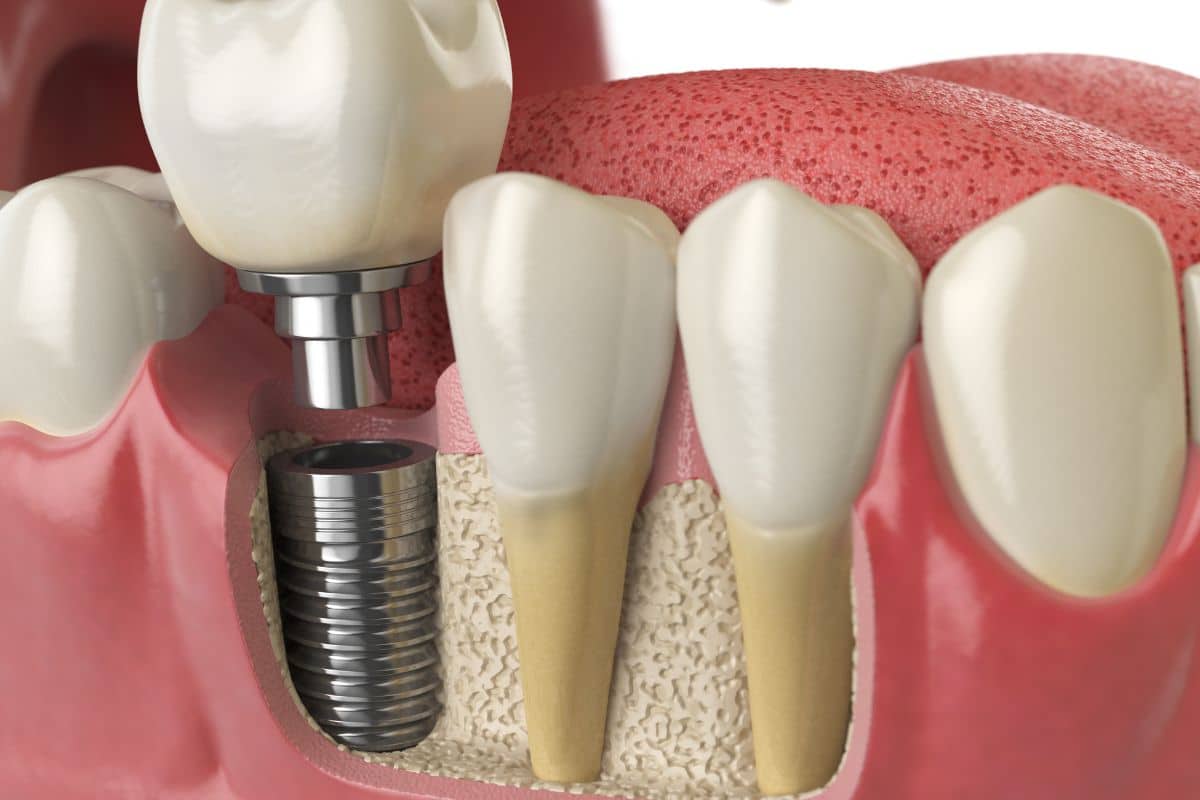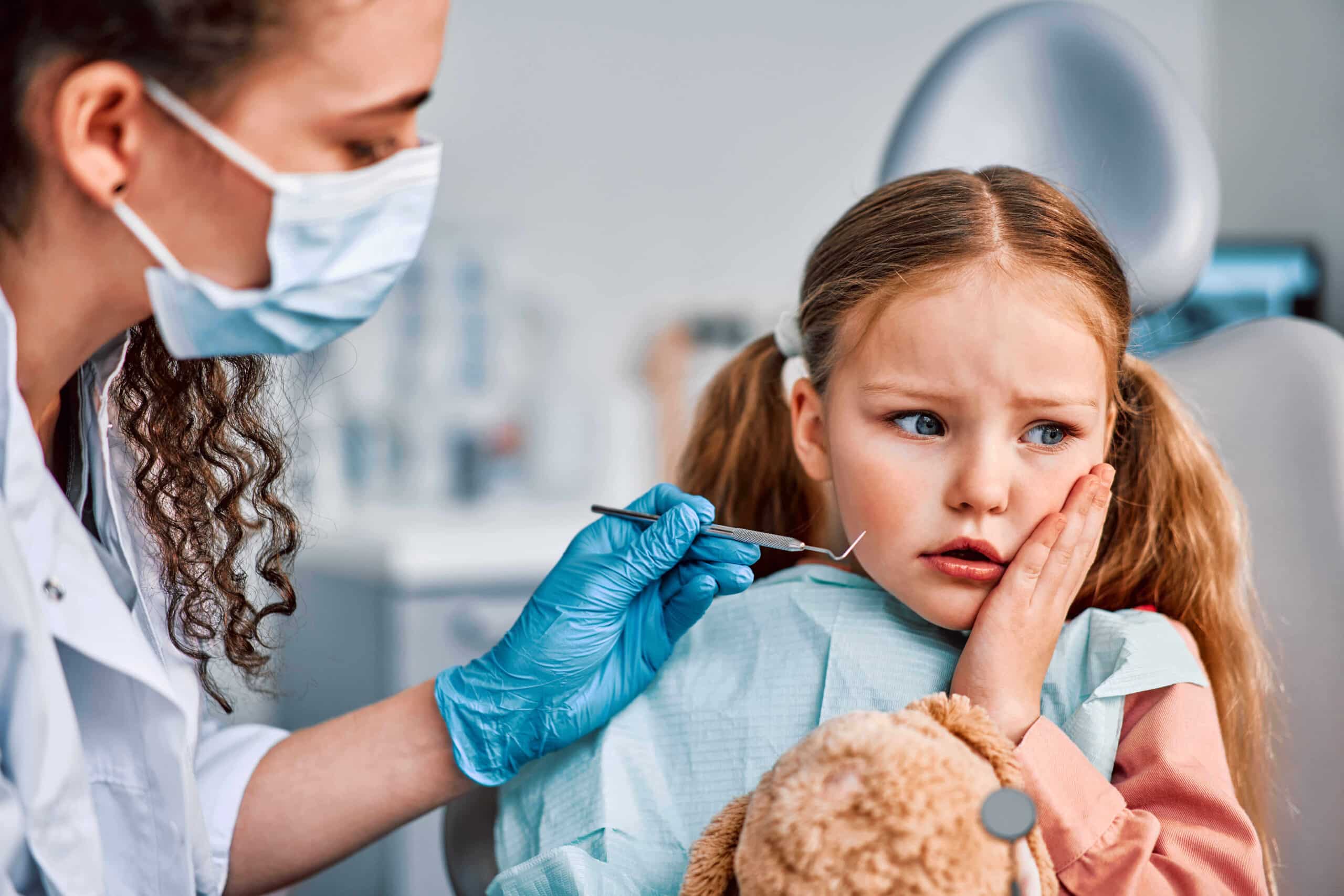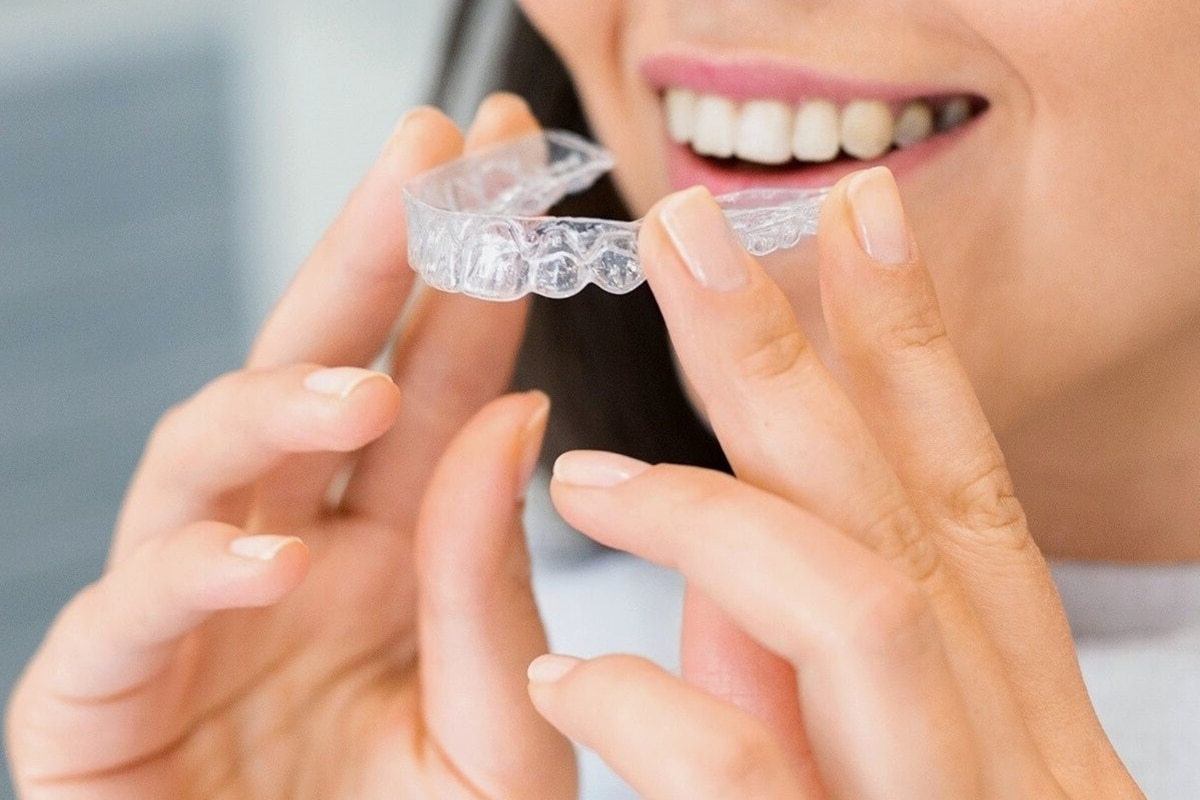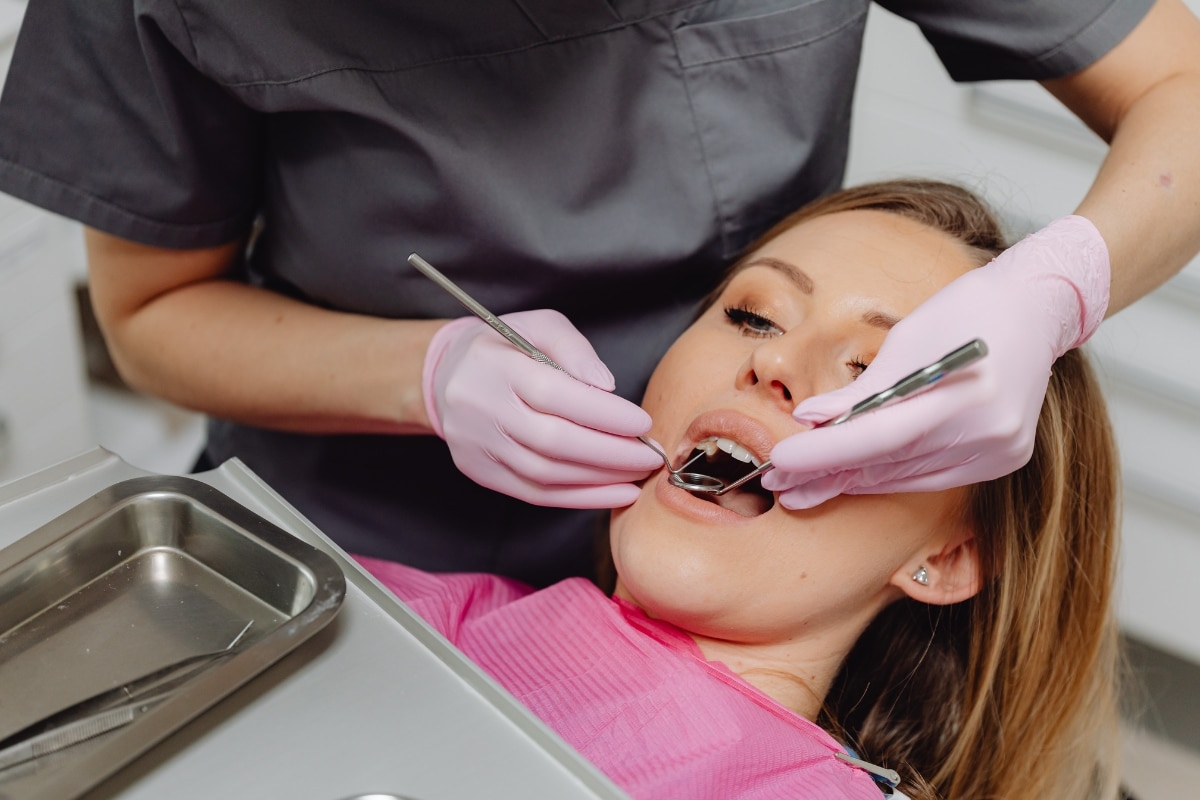Pay Online
Top 10 Causes of Bad Breath Even After Brushing: What You Might Be Missing?

Do you still notice unpleasant breath despite brushing your teeth regularly? You are not alone! Bad breath, also known as halitosis, can persist even after good oral hygiene practices. It can stem from multiple sources, many of which are not addressed by brushing alone.
This post will explore 10 common causes of bad breath and provide tips on managing them. It aims to help you identify overlooked factors contributing to bad breath and provide actionable tips for fresher breath.
How Does Bad Breath Develop?
Bad breath develops mainly due to the presence of bacteria in the mouth. These bacteria break down food particles, releasing sulfur compounds that produce unpleasant odors. While brushing can remove food particles from the teeth, it does not always eliminate bacteria. Bacteria can thrive in areas that are hard to reach, such as between teeth or on the tongue.
The tongue is a prime spot for bacteria to grow. It has tiny bumps and grooves that trap food debris and dead cells. Additionally, dry mouth can worsen the situation. Saliva helps wash away food particles and neutralize acids produced by bacteria. When saliva production decreases, bacteria multiply rapidly, leading to bad breath.
Finally, other factors like diet, infections, and medical conditions can contribute to halitosis. Understanding how bad breath develops is crucial for tackling the issue effectively.
Signs Your Bad Breath Could Be More Than Just Morning Breath
Morning breath is common for many people. It occurs when saliva production decreases during sleep, allowing bacteria to grow overnight. However, noticing persistent bad breath throughout the day could be a sign of a more serious problem.
Chronic bad breath, or halitosis, often has identifiable signs. If you notice that your breath smells foul even after brushing or if it has a metallic or sweet odor, it may warrant attention. Additionally, if friends or family frequently comment on your breath, it is a sign to investigate.
Also, look for other symptoms, such as dry mouth, gum disease, or unusual tastes. If you experience these issues, it is important to take action. Identifying persistent bad breath early can help you find the underlying cause and receive appropriate treatment.
10 Causes of Bad Breath Even After Brushing
Below are ten major causes of bad breath even after brushing.
- Tongue Coating
The tongue’s surface can harbor bacteria, food particles, and dead cells that lead to bad breath. Many people forget to clean their tongues. A clean tongue can significantly improve breath freshness. Use a tongue scraper or a soft toothbrush to clean your tongue daily. - Dry Mouth (Xerostomia)
A lack of saliva can allow bacteria to flourish in the mouth, contributing to bad breath. Dry mouth may result from medications, dehydration, or mouth breathing. Staying hydrated is essential. Drink plenty of water throughout the day. Moreover, chewing sugar-free gum can stimulate saliva production, helping reduce bad breath. If dry mouth persists, discuss potential treatments with your healthcare provider. - Tonsil Stones
Small calcified debris can form in the tonsils, trapping bacteria and producing a foul odor. Tonsil stones can be particularly troublesome for some people. Gargling with salt water can help dislodge them. In severe cases, consult a doctor for removal. - Gum Disease (Periodontitis)
Gum infections harbor bacteria that produce sulfur compounds, which smell bad. Symptoms include red, swollen gums or bleeding when brushing. Regular dental check-ups are vital. Moreover, professional cleaning can help treat gum disease effectively. - Diet (Certain Foods and Drinks)
Strong-smelling foods like garlic, onions, or spices can leave lingering odors even after brushing. Even if you maintain good oral hygiene, these foods can overpower fresh breath. Drink water or chew gum after consuming such foods, and avoid them before social interactions to prevent bad breath. - Sinus or Throat Infections
Bad breath can be caused by post-nasal drip or respiratory tract infections. Mucus buildup can harbor bacteria, leading to odor. If you experience sinus issues, seek medical treatment for underlying infections. Saline rinses can help clear mucus buildup. - Acid Reflux (GERD)
Stomach acid can enter the esophagus, carrying foul-smelling odors into the mouth. This condition can lead to chronic bad breath. Managing acid reflux through diet changes or medications is essential. Consult a doctor for long-term solutions if you experience reflux symptoms regularly. - Smoking and Tobacco Use
Tobacco products dry out the mouth, leave lingering odors, and promote bacterial growth. Quitting smoking is the most effective way to improve both your breath and overall health. If you need help quitting, consider seeking support. - Dental Appliances (Braces, Dentures, Retainers)
If not properly cleaned, food particles can get trapped in dental appliances, leading to bad breath. Regularly clean these appliances according to your dentist’s recommendations. This practice will help prevent bad breath and maintain oral hygiene. - Medical Conditions (Diabetes, Liver, or Kidney Disease)
Certain diseases can cause distinctive bad breath due to changes in the body’s metabolism. For instance, diabetes can produce a fruity odor. If bad breath persists despite good oral hygiene, consult a healthcare provider to rule out underlying medical conditions.
When to See a Dentist for Persistent Bad Breath?
If your bad breath does not improve with regular brushing and other oral hygiene practices, it is time to see a dentist. Persistent bad breath can indicate an underlying issue that needs professional attention. Your dentist will conduct a thorough examination to identify the cause. They may recommend treatments based on your specific condition.
In some cases, if a medical condition causes bad breath, they may refer you to a specialist. Treatment options may include professional cleaning, dental procedures, or lifestyle changes. Addressing the issue early can help restore fresh breath and prevent further complications.
In summary, several causes contribute to bad breath, even after brushing. The top 10 causes include tongue coating, dry mouth, tonsil stones, gum disease, diet, sinus infections, acid reflux, smoking, dental appliances, and medical conditions. Investigating these factors can help you manage your breath more effectively.
Incorporate these solutions into your daily routine to combat bad breath. If your problem persists, consult a dentist or doctor for further evaluation. Remember, fresh breath is not just about brushing—it is about understanding and addressing the root cause of the issue.
Recent Posts

Why Is It Critical to Replace a Missing Molar Even If It’s Not Visible When I Smile?

What Should I Do If My Child Knocks Out a Permanent Tooth in Elgin?

Can Invisalign Fix Overbite? How It Solves Complex Dental Issues in Elgin, IL

How Does Thumb-Sucking or Pacifier Use Affect Teeth?


